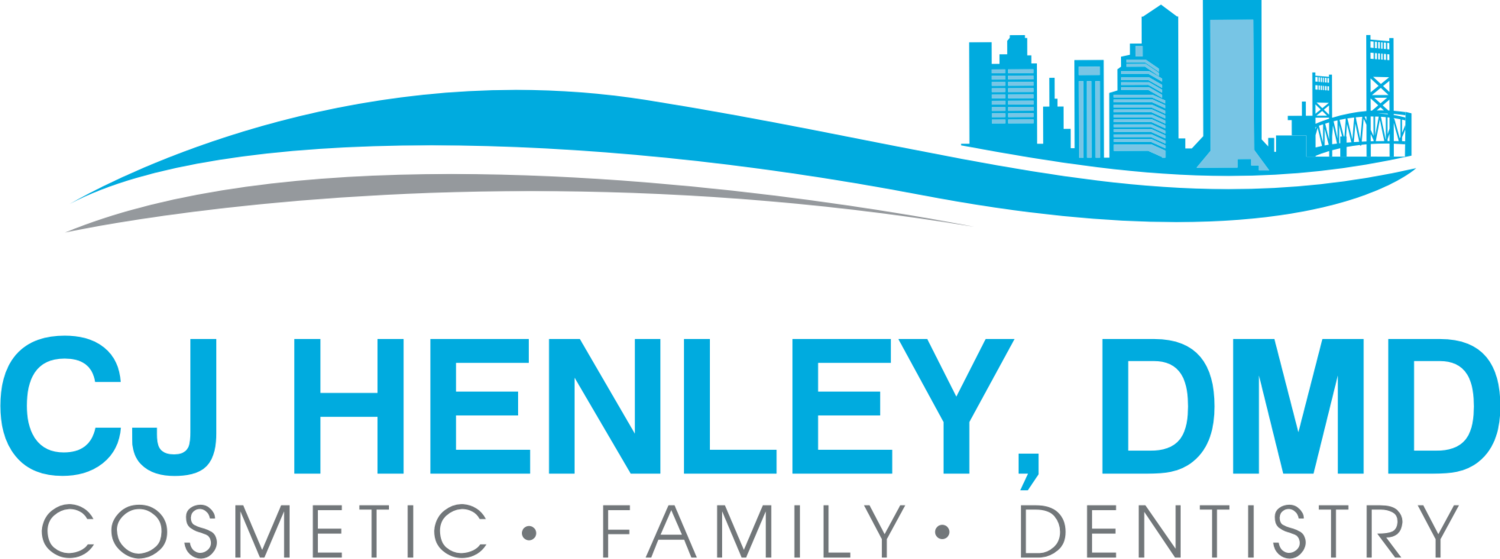When it comes to dental benefit plans, millions of people each year are ringing in the New Year leaving money on the table. According to the National Association of Dental Plans, only 2.8% of people with PPO dental plan participants reached or exceeded their plans annual maximum. Many people also have Flexible Spending Accounts, which help pay for dental and medical care with pre-tax dollars.
Whether you’re paying for dental care through a benefits plan or using an FSA, your current plans will most likely run out on December 31. Don’t let your hard-earned dental dollars go to waste. Here is a breakdown of what these benefits are, when you need to use them by and how to make the most of your benefits.
Dental Benefit Plans
Many people with dental benefits get them through their employers, though individual plans are also available through Health Insurance Marketplaces established by the Affordable Care Act. Remember, when you buy a plan you and your employer are paying some premium – upfront dollars – that are wasted if you don’t see your dentist.
When You Need to Use Them By
Many insurance companies have a benefit deadline of December 31, and this means that any of your unused benefits don’t roll over into the New Year for most dental plans. Still, some plans may end at different times of the year, so check your plan document or ask your employer to be sure.
Tips for Making the Most of Your Plan
- The key with this type of coverage is to take advantage of any benefits before they expire for the year.
- Prevention is better than cure both for your health as well as your pocketbook. Most plans typically pay 100% for preventive visits, so if you have not had one yet, this may be a good time to schedule one.
- Start thinking about using your coverage early. During a dental appointment that's over the summer or in the fall, talk to your dentist about what your dental needs are and what treatment you might need before the end of the year. (For example, a back-to-school appointment is a great time to bring this up.) Make any upcoming appointments early so you can take care of them before the holidays.
- Once you've determined what your dental needs are, work with your dentist and benefits provider to figure out what is covered. Often, your dentist's office will look into this information for you. You can also call your plan using the 800 telephone number on your identification card, or go to their website for information.
Flexible Spending Accounts
A Flexible Spending Account (FSA) is an account you can set up through your employer. During open enrollment, you choose how much money to put into this account, and a portion of this amount is deducted from each paycheck pre-tax. FSAs generally cover services or products that help keep your mouth healthy, including cleanings, braces needed for dental health reasons, benefit plan co-pays, dentures and more.
Many FSAs work like debit cards, and you can use that card to pay for various medical and dental expenses, including some products available at your local drugstore.
When You Need to Use Them By
Generally, you must use the money in an FSA within the plan year by December 31. However, your employer may offer one of two options that give you a little more time to spend what’s in your account:
- Some provide a grace period of up to 2½ extra months to use the money in your FSA.
- Others may allow you to carry over up to $500 per year to use in the following year.
- Whether it’s at the end of the year or a grace period, you lose any money you haven’t spent. Check with your employer or FSA administrator to see what your plan allows.
Tips for Making the Most of Your FSA
- Plan carefully so you don’t put more money in your account than you will spend within a year on dental or other health care costs.
- As with dental benefit plans, talk with your dentist in the summer or fall during regular appointments to see if you have any needs or procedures that need to be completed. You may be able to use your FSA to pay for these needs or use your FSA to pay any associated co-pays or co-insurance.
- Contact your FSA administrator for a list of covered services and products (usually referred to as eligible expenses). However, most FSA accounts cannot be used for cosmetic procedures and services like whitening, veneers or cosmetic braces.
- Make any remaining dental appointments as soon as you know you need them to ensure your FSA dollars can be used in time.

